1. Birth Name: Ngũgĩ wa Thiong’o was born James Ngugi on 5 January 1938 in Kamiriithu, near Limuru, Kenya.
2. Language Advocate: He famously rejected writing in English in favour of his native Gikuyu and Swahili, championing African languages as tools of liberation.
3. Literary Debut: His first novel, Weep Not, Child (1964), was the first English novel published by an East African.
4. Colonial Themes: Many of his early works explore the effects of colonialism and the Mau Mau Uprising on Kenyan society.
5. Name Change: In the 1970s, he dropped his Christian name and adopted Ngũgĩ wa Thiong’o, embracing his African heritage and rejecting colonial identity.
6. Detention Without Trial: In 1977, Ngũgĩ was detained for a year by the Kenyan government after co-writing a politically charged play in his native language.
7. Exile: He went into self-imposed exile in 1982 following threats to his life, living and teaching in the United States for decades.
8. Academic Career: Ngũgĩ held professorships at prestigious universities including Yale, New York University, and the University of California, Irvine.
9. Decolonising the Mind: His 1986 book Decolonising the Mind is a seminal work advocating for the use of indigenous African languages in literature and education.
10. Family Legacy: Ngũgĩ’s family is also literary; several of his children, including Mukoma wa Ngũgĩ, are published authors and scholars.
11. Multiple Genres: He wrote across genres including novels, plays, memoirs, short stories, and essays.
12. Autobiographical Work: His memoir Dreams in a Time of War (2010) details his early life in colonial Kenya.
13. Theatre as Resistance: His work in community-based theatre, especially the Kamiriithu Community Education and Cultural Centre, used drama for social and political empowerment.
14. Awards and Recognition: Though frequently cited as a Nobel Literature contender, he received numerous international awards including the Nonino International Prize and the Park Kyong-ni Prize.
15. Pan-African Voice: Until his death, Ngũgĩ wa Thiong’o remained a powerful voice for Pan-Africanism, cultural pride, linguistic sovereignty, and post-colonial justice.



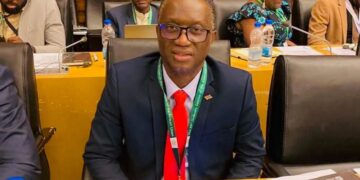


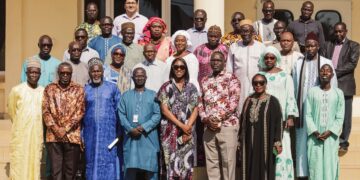
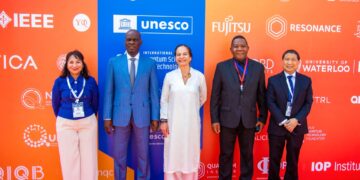































































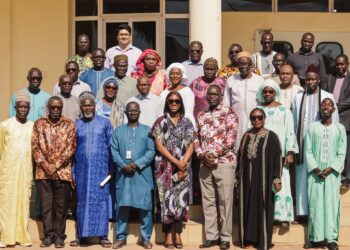
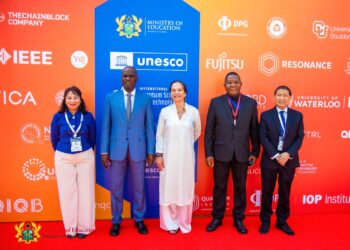










 EduTimes Africa, a product of Education Times Africa, is a magazine publication that aims to lend its support to close the yawning gap in Africa's educational development.
EduTimes Africa, a product of Education Times Africa, is a magazine publication that aims to lend its support to close the yawning gap in Africa's educational development.